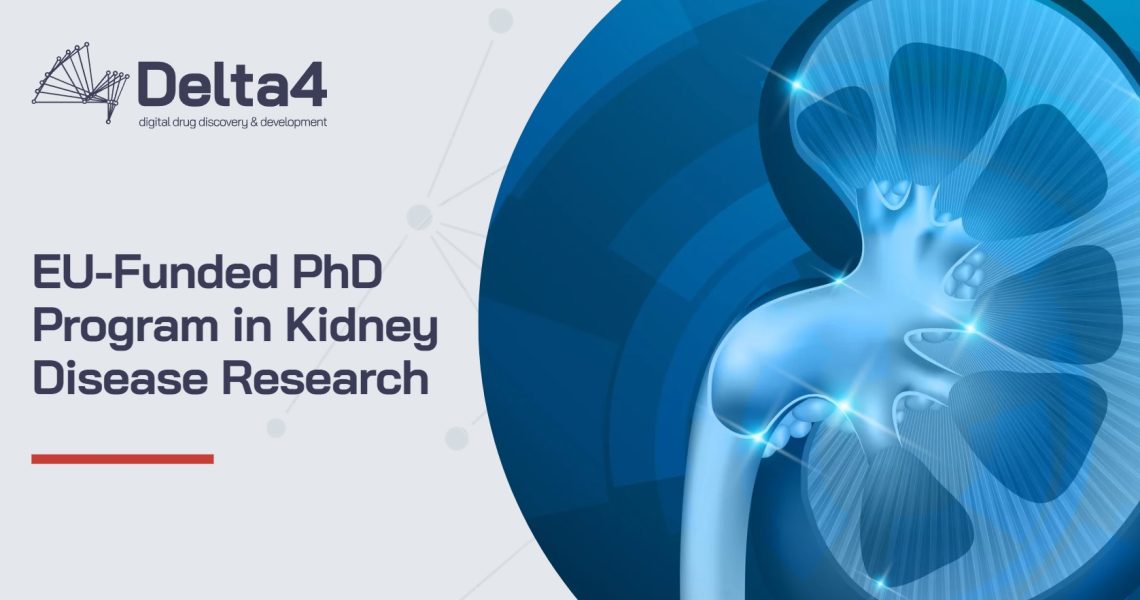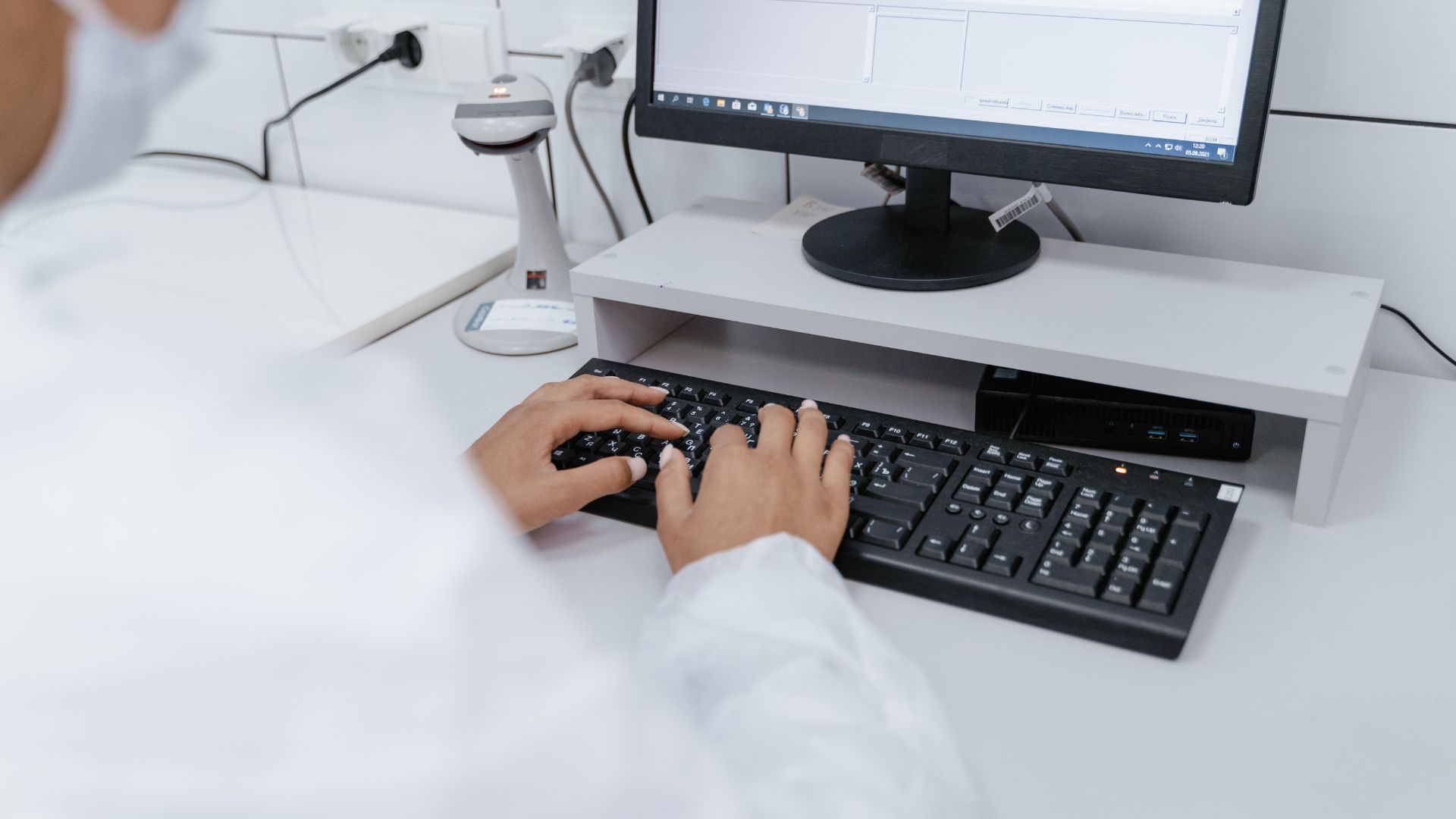Teaming Up for Better CKD Care: Delta4 at the PICKED & DisCo-I Meeting in Toulouse | May 13-15, 2025
From May 13–15, 2025, Delta4’s Computational Biology Lead, Paul Perco, and Enrico Bono, MSCA-PICKED PhD Student, joined a dynamic mix of researchers, clinicians, and MSCA fellows in sunny Toulouse for a joint meeting of the PICKED and DisCo-I projects. Hosted at the I2MC, the event transformed the city into a hub of energy and insight, featuring three full days of inspiring discussions on personalized nephrology and cutting-edge omics technologies. The goal was to explore how collaboration across disciplines can drive meaningful progress in chronic kidney disease care, and the fruitful discussions absolutely delivered.
The meeting was packed with inspiring conversations and practical takeaways. A significant focus was on the role of biomarkers in early diagnosis, tools that could help us catch diseases like CKD earlier and act faster. There was also considerable excitement surrounding the use of multimodal data, which combines various aspects, including genomics, proteomics, imaging, and clinical insights, to better understand complex disease patterns.
A heartfelt patient story moved the audience and reminded everyone why this work matters: in the end it’s not just about data, it’s about people. The importance of clear and accessible science communication came up often, as did the value of collaboration across disciplines and borders. “It was a powerful reminder that everything we do should ultimately make someone’s life better,” Delta4’s Paul Perco shared.
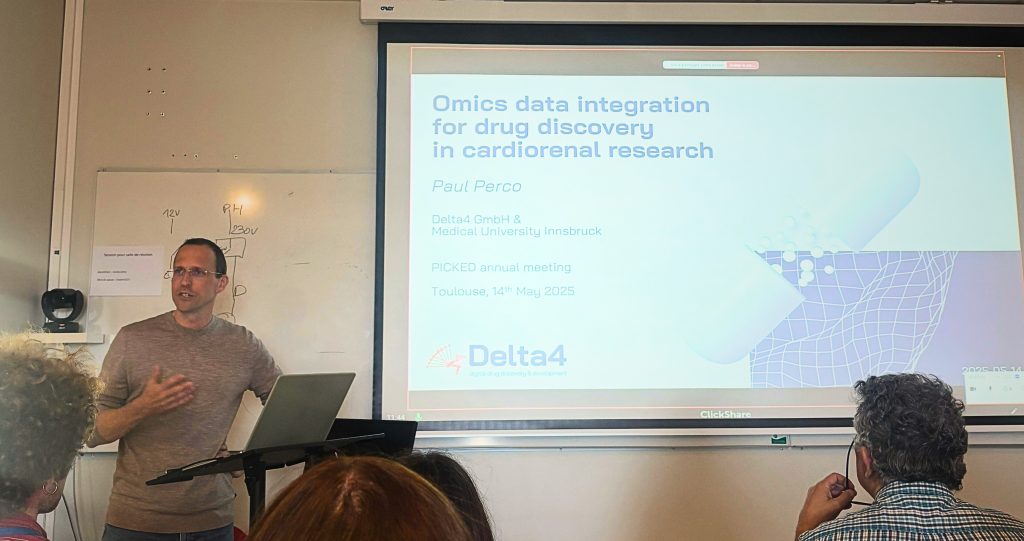
Discussions around ethics and equity in publishing highlighted the push for fair authorship and open access. A special highlight was hearing from MSCA fellows, who offered honest, relatable reflections on PhD life, international research, and what it means to grow as a scientist today.
This meeting served as a launchpad for a new wave of digital solutions and research efforts aimed at reshaping how we understand and support kidney health and care delivery in Europe. We’re thrilled to be part of a consortium that’s not only driven by science and policy but also deeply rooted in ethical AI, patient-centered design, and social responsibility.
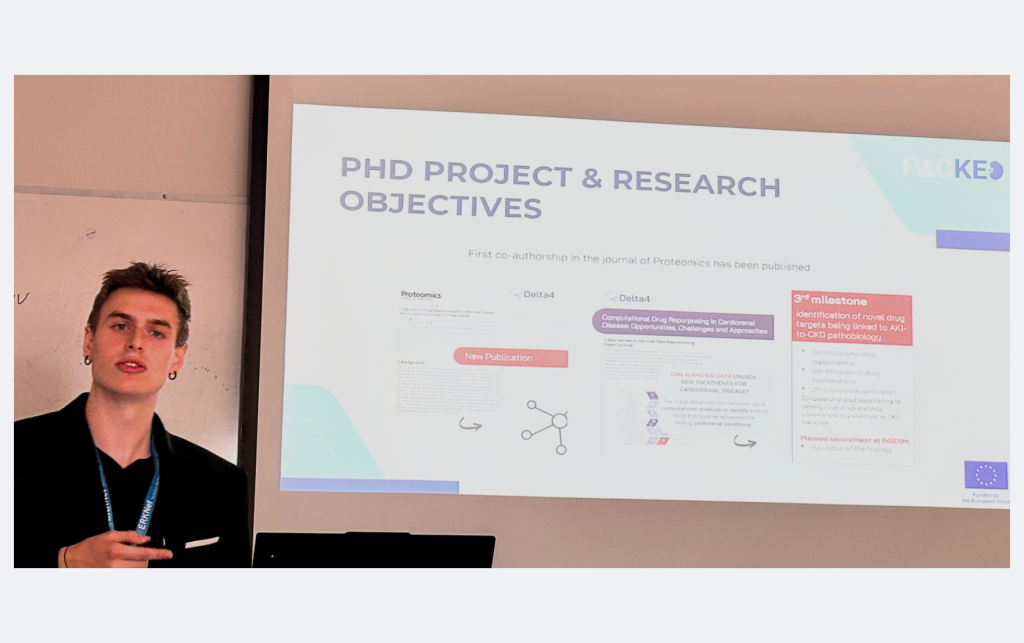
“Meeting everyone face-to-face gave us a real sense of momentum,” said Enrico Bono. “We’ve been working together virtually, but there’s something powerful about sitting around the same table, mapping out our goals, and seeing firsthand the enthusiasm this group brings to the table.”
The PICKED project is all about improving the way we detect, understand, and treat CKD by leveraging data-driven, AI-powered tools. Delta4 is proud to support the PICKED project by hosting a PhD student and contributing our Hyper-C platform, which helps connect clinical needs with potential drug candidates and targets. At this meeting, we had the chance to share how our technology fits into the PICKED mission and brainstorm with partners from across Europe about how to build tools that are not only effective but also trustworthy, user-friendly, and clinically relevant.
We also had the chance to connect with our partners in the DisCo-I project. It’s a complex topic with big implications for conditions like CKD, where fibrosis plays a major role in disease progression. The collaborative spirit between PICKED and DisCo-I was clear throughout the event, reminding us how powerful it is when different research threads come together to tackle the same big picture.
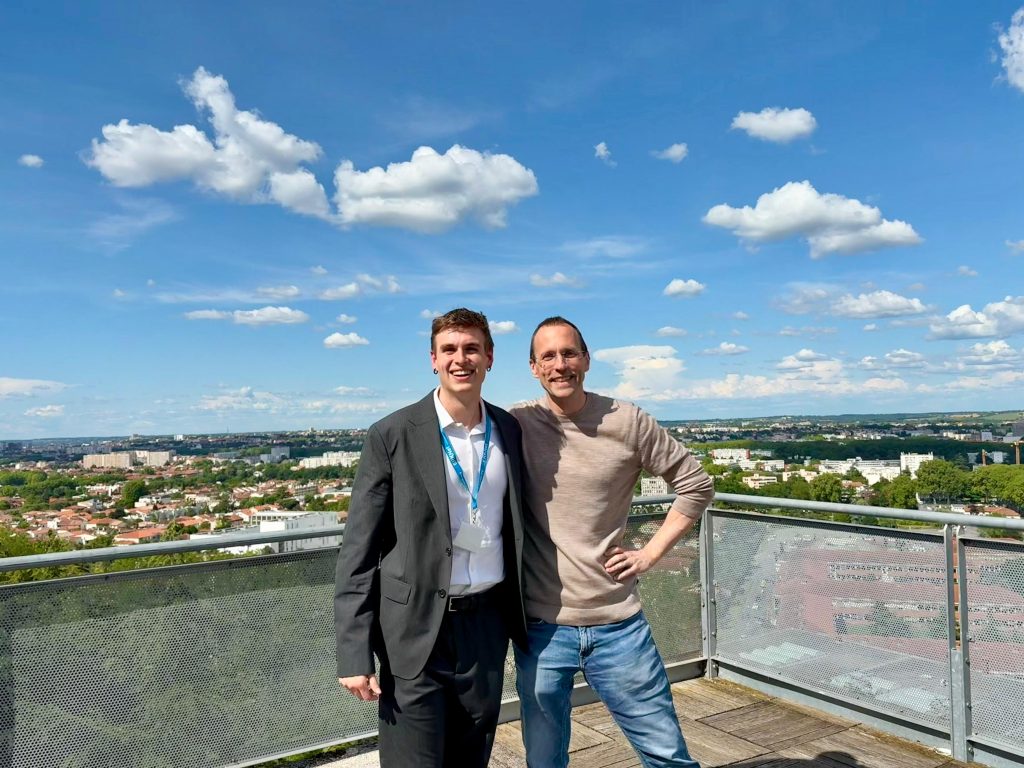
“There was a real sense of shared mission,” said Paul. “Everyone brought a different angle, data science, clinical care, ethics, patient experience, and yet we were all clearly aligned in wanting to leverage technology efficiently and make a real difference.”
What Is PICKED?
Funded by the European Commission’s Horizon Europe MSCA Doctoral Networks, the PICKED project is reimagining how we care for people with chronic kidney disease (CKD). Instead of one-size-fits-all treatment, PICKED is working to make personalized medicine the new standard. That means using everything from advanced biomarkers to cutting-edge medical tech to better detect, monitor, and treat CKD in a way that’s tailored to each individual.
What makes this project really exciting is the way it brings together a whole community of researchers, clinicians, and industry experts from seven European countries. Ultimately, it is not just about research, it’s also about creating a better future. PICKED is helping train a new generation of scientists through the MSCA Doctoral Networks program, giving them hands-on experience in innovation, data science, and patient-centered care.
What Is DisCo-I?
Also funded through Horizon Europe’s MSCA Doctoral Networks, DisCo-I (Discovering Collagen I Degradation in Chronic Diseases with Fibrotic Component) is taking a bold new approach to understanding fibrosis, a key player in many chronic illnesses, including CKD.
The project challenges the traditional thinking that fibrosis is simply about too much collagen production. Instead, it asks: What if the real issue is the body’s inability to properly degrade Collagen I? It’s a fresh perspective that could open the door to non-invasive diagnostics and innovative anti-fibrotic treatments.
DisCo-I is powered by a talented group of early-stage researchers working across Europe, united by one goal: to reduce the burden of chronic diseases through smarter, science-backed strategies. With strong support from Horizon Europe, the project is creating space for groundbreaking research and for the scientists who are ready to lead it.
